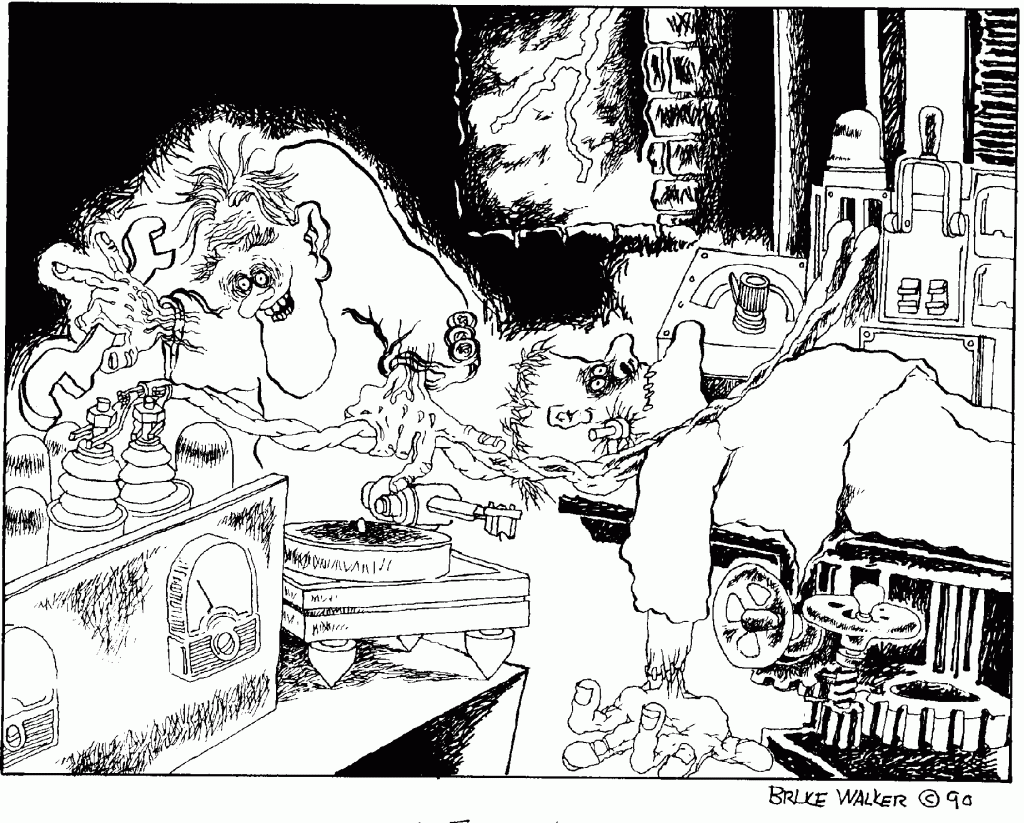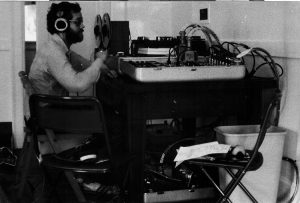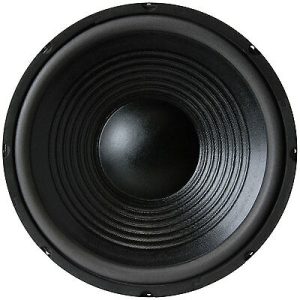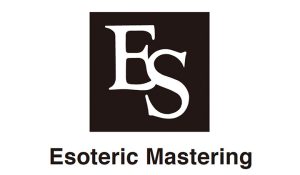Cables are controversial among many in high-end audio. Nay-sayers, skeptics, audio cheapskates, and those-who-just-like-to-argue abound.
Roger Skoff herein provides a rational structure for those in audio sales to operate within, expressed in a way very similar to a sales memo to an audio company staff member. PF publishes it for what it's worth; if you find it to be helpful, then fine. If not, you're free to go to one of our other articles.
Standard disclaimer: Roger Skoff is the former CEO of XLO Cables, and the current CEO of RSX Cables, which have gained approval in these pages. Neither of those considerations affect the merit that I found in his down-to-earth commentary below.
Note that those who submit rude comments will find that their opinions receive short shrift here, and their postings will be pitched into the bit bucket. Proceed accordingly.
– Ye Olde Editor
When you're selling to a customer, you're doing him a service: You're giving him the opportunity to buy something that will contribute to his musical enjoyment, and you're providing him with the benefit of your expertise in helping him to select the components or system that will be best for him, given his tastes, preferences, listening environment, and budget.
Many salespeople in every field forget this and, as a result, neither provide the very best service to their customers nor earn as much as they might otherwise do.
One of the most common reasons for this is that, not realizing that they're actually helping their customers, they think that somehow the customers are doing them a favor by buying from them and, while they may try to make the customer a friend in order to sell to him, they're often afraid of imposing on that friendship by asking the customer to buy too much.
That's simply not true! While customers may certainly refuse to buy from a salesperson they don't like, no customer has ever bought anything from a salesperson just because t=he or she liked him. Customers always buy what they buy for their own benefit, never just to please the salesperson. That means that if you, as the person selling to him, don't make your customer aware of something that he otherwise might want to buy, you're not just costing the store a sale and yourself a commission, you're actually denying your customer the benefits of getting something that he wants and of improving the sound and increasing his enjoyment of his system.
One time this can happen is when you've demonstrated something (the new Whizbang 9 preamp, for example) to your customer and he loves it and wants to buy it. When he says "Yes," don't make the mistake so many others do: Don't just take his money and stop selling, afraid that if you try to offer him anything more, he'll think you're "pushy" or "hard sell" and walk out of the store, buying nothing.
Instead, when he (or she throughout here) says, "I'll take it," congratulate him on his wise choice and ask him if, before you write-up the sale, he'll allow you to try just one more thing. He'll always say "Yes," and when he does, reach behind the Whizbang preamp demo unit and (without letting him see what you're doing) switch one of its cables (the power cord, for example) with another, different one, already there for that purpose. (The brand(s) will vary from store to store.) Then play for him again the same piece of music that caused him to want to buy the preamp in the first place.
When he's had enough time listening, ask him if he heard any difference. If he says "No," go write-up the sale, just as you would have earlier. You don't have to worry about risking your sale or offending your customer because you won't have offered him anything else to buy.
"AHA! Now I know that cables do make a difference!"
If, however, he says "Yes," and does hear a difference, then without telling him what I would did, ask him which he liked better, the first time you played the demo or the second? Whichever one he says, tell him that the only difference between the two playing's was that you changed the (power cord); tell him what brands and models the two power cords were (it's best if you used two accessory brands instead of just one and the cable that the product comes with); and ask if he'd like to buy the cable he preferred.
By that point, the customer already knows that changing the cables made a difference. And he knows that the one he preferred sounds better, so you shouldn't have any difficulty getting him to buy it—within reason, given varying budgets. After all, doesn't he want to get the very best performance from his new Whizbang 9 preamp?
If he does agree to buy it, you've made a sale, and—perhaps by changing interconnects or speaker cables this time—now that he knows that cables really do make a difference, maybe you can sell him one of those, too. Even if you don't sell the cable "on the spot," your customer will always remember that his new preamp or whatever else he bought could sound better, and maybe he'll come back at some later time to buy it.
See? Selling cables is easy and, when you're really helping the customer to get something better, he'll thank you for it and come back to you and your store again!
Cartoon by Bruce Walker



































